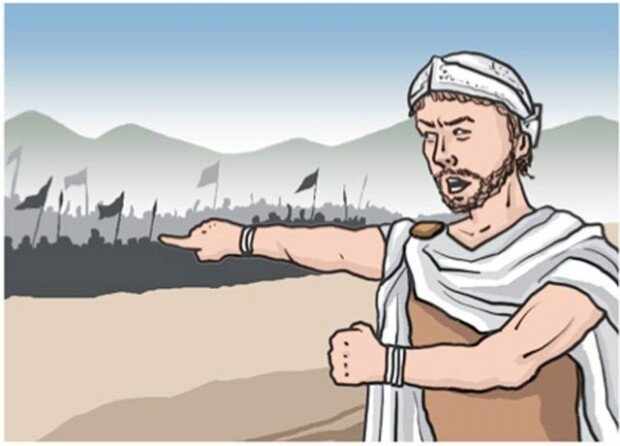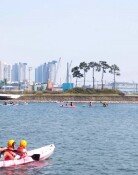War cannot be fought with textbook
War cannot be fought with textbook
Posted August. 03, 2021 07:13,
Updated August. 03, 2021 07:13

It was August 2, 216 B.C. A historic battle took place in the Cannae plain, South of Italy, when it must have been scorching hot with the dusty earth sizzling with summer heat. Cannae witnessed the clash between the 90,000-strong Roman troops led by Terentius Varro and some 50,000 Carthaginian army marshaled by Gen. Hannibal.
This historic place is far from being accessible. Roads are patchy, and museums are often closed. On the place where some 150,000 soldiers and 20,000 horses were galloping, there are only a thicket of olive trees now. The Battle of Cannae has become one of the most popular study subjects for military strategists and cadets. It was an abject defeat for the Romans; the death toll hovered somewhere between 50,000 and 70,000. Handling an enemy almost double their size was one thing, but the Carthaginians simply annihilated the Romans without cannons or machine guns, which is nearly impossible in theory. Indeed, some historians refer to the battle as Cannae massacre.
What is the secret behind this lopsided victory? Roman commander Varro fought on the back of the past. The Romans did what they had always done; deploying the troops en masse to maximize the effect of strategy. By contrast, Hannibal responded creatively based on precise predictions. He knew that the excessive size of Roman troops could become their weakness, inducing them to get clumped together in a restricted space.
Simply put, it was a difference between the textbook and field battle experiences. In the textbook, circumstances and variables are fixed. You push the trees, and they fall. Reality is different. Push the trees, and they will push you back, pouring a barrage of stones from the rocks next to them. Textbooks are based on models, and field experiences interact with living things. Textbooks do not offer answers; they only serve as a virtual space for understanding of reality. Varro’s ignorance about this difference was the seed of misery for the Roman military. Looking at the woods of olive trees brought this back again; the Roman soldiers were not tree but living things.







